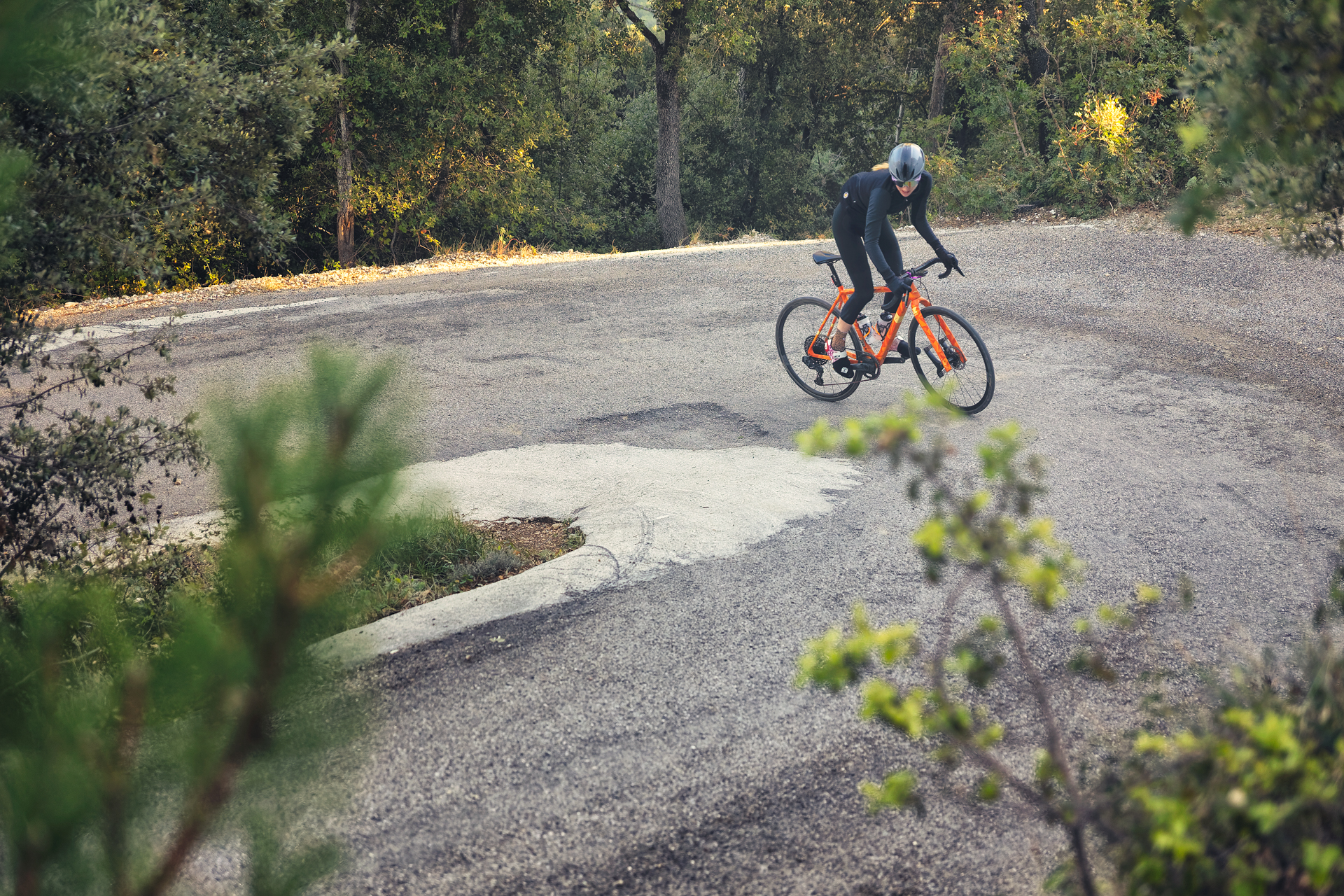Across social media the ‘just do it’, ‘never give up’ and ‘beast mode’ slogans twinned with the endless pictures of bikes, pools and lycra are all ready to make any individual who is not being excessively active feel inadequate. Yes to achieve goals and progress in triathlon, training and consistency is required however this ‘go hard or go home’ really is not the whole story – these posts are just snap-shots of the greater picture which includes so much more.
One of these aspects which is rarely given TikTok or Instagram credibility is REST. It is rare to see people boast about how many rest days they take or when they missed a session as doing it would do more harm than good. However, ironically this is what should be boasted about and should be plastered across social media as it is a known fact, despite seeming counter-intuitive, rest is when athletes become stronger, faster and fitter.
If you need a basic explanation to settle your unease, then here we go. Rest and recovery is essential and important as while you train and pusher harder to reach new limits it causes micro-trauma throughout your body that can only heal with sufficient recovery. The positive to this is when you rest and the training induced damage recovers it heals stronger, this is how in a basic nutshell athletes adapt to their training.
So yes rest is important, but why is it therefore blasphemy across social media or goes unmentioned when you get a triathlete rolling off their current weekly volume? The truth is it is inherent in our society to believe anything but ‘super-human’ is weak or not good enough. Furthermore, the triathlete type is anything but lazy, the natural draw of the ‘A type’ personality (high achieving, competitive, ambitious, status-conscious/proud) leaves a predisposed likelihood to respond to ‘just do it’ posts with the same, if not more, ‘hard core’ material to feel a sense of worth and ability. However, here lies the problem. With more and more individuals becoming disillusioned by the reality of achieving goals and the push for inner credibility through social media, the real foundations of training and the path to success is ignored, if not lost, for a short-term buzz of self-satisfaction and a relief of guilt.
Well you might be asking how will this stop or how can this be rectified? In reality if you look deep enough there is a recent drive and backlash to this ‘use it or lose it’ and the ‘perfect’ phenomena that has sparked a greater understanding of one’s body and mind in achieving athletic success. However, this attitude is not overtly [on the socials!] widespread enough and the holistic, sustainable, and realistic approach to training and achieving goals is only just touching the surface amongst the everyday, time squeezed triathlete, who ironically need to rest and recover the most – quality over quantity.
